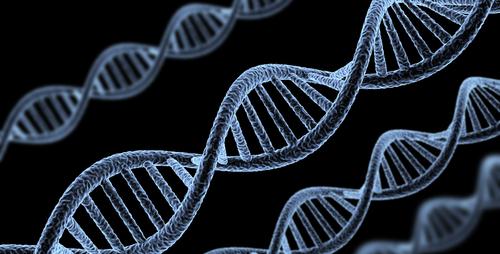The Human Body as Ecosystem: A Way to Revolutionize Medicine

What’s the Latest Development?
Medical experiments conducted on a wide range of ailments, including diabetes, heart disease, even autism, increasingly recognize the importance that bacteria, which our bodies host in nearly every crevice of skin and organ, play in maintaining good health. The 100 trillion different bacteria each human harbors in their gut alone can function like a distinct organ, say physicians, regulating bodily functions in ways that promote good health or, if unbalanced, can grossly distort our best intentions to live well. In 2006, for example, researchers discovered that certain bacterial combinations in the gut regulate the storage of fat, influencing whether someone is obese or not.
What’s the Big Idea?
The sum total of all bacteria in the body, often referred to as the microbiome, exhibit a stunning genetic importance. While the combination of egg and sperm provide the body with about 23,000 genes, the microbiome is estimated to contain about three million. To date, diseases located in the human genome have proven difficult to treat and remain incurable. The fact that the microbiome is medically accessible in ways that the human genome is not—“it can be modified, both with antibiotics and with transplants”—hints that a whole new approach to medical treatment is on the horizon.
Photo credit: Shutterstock.com





